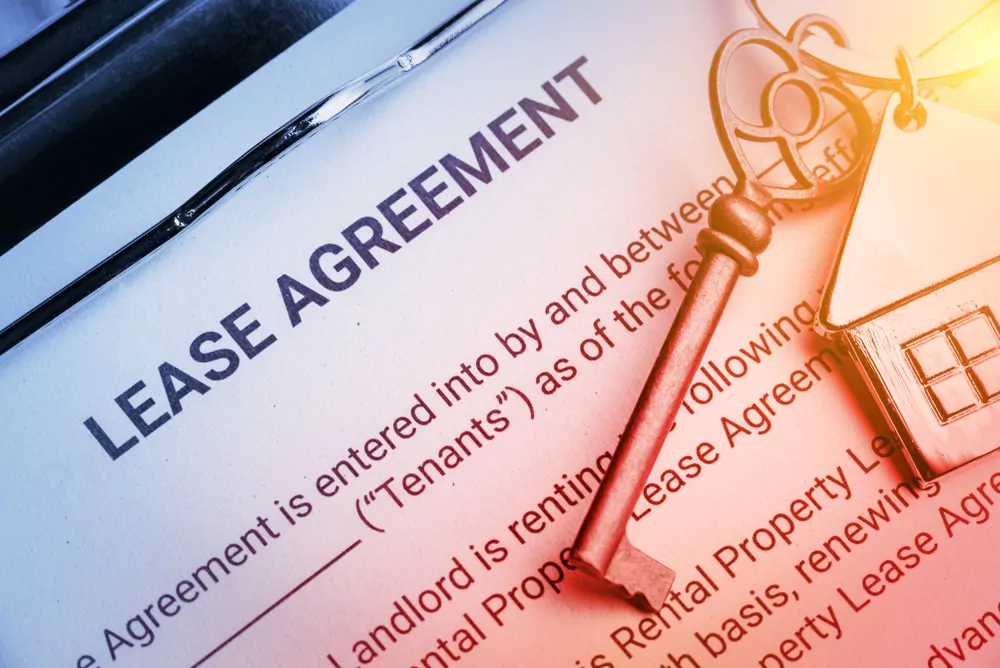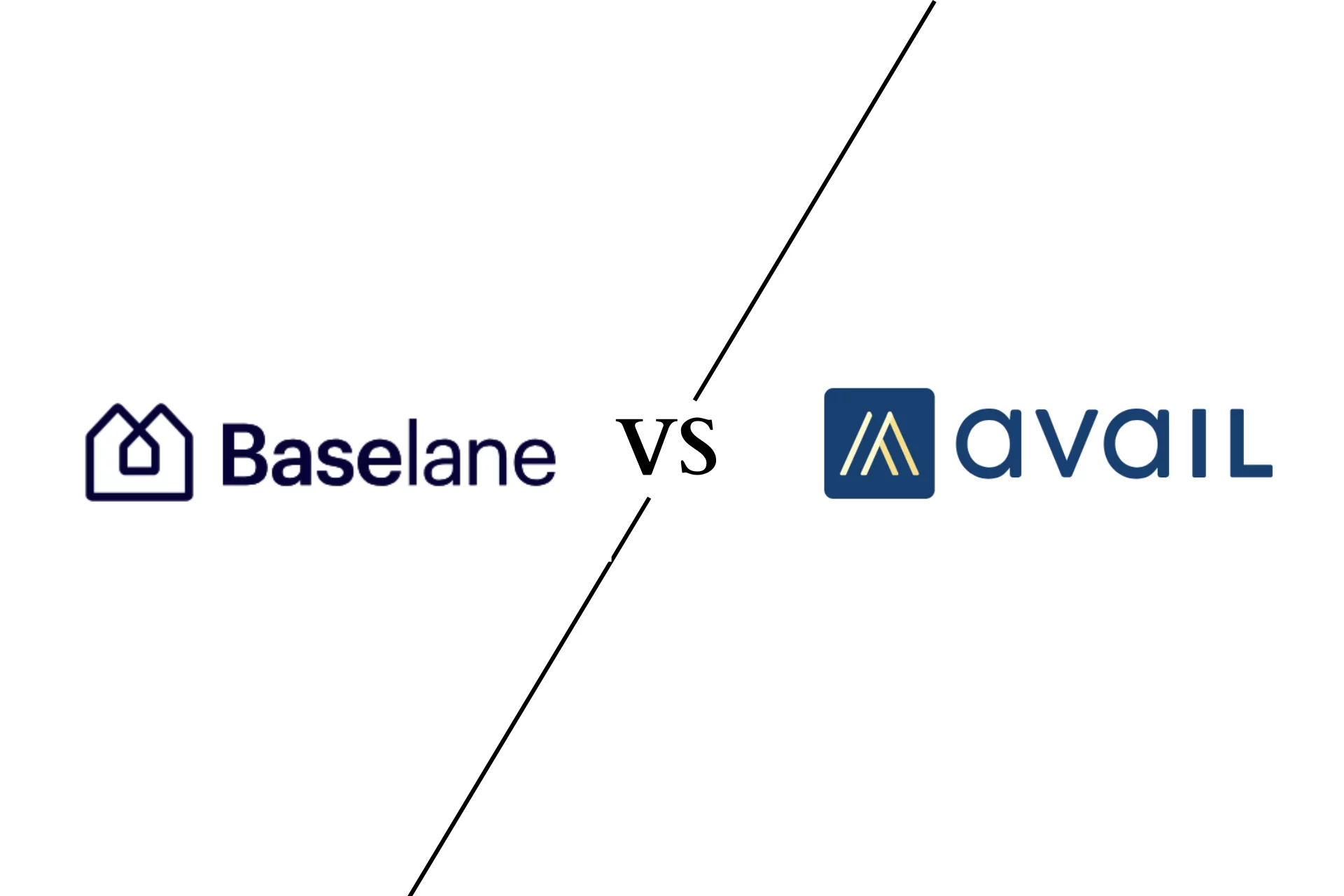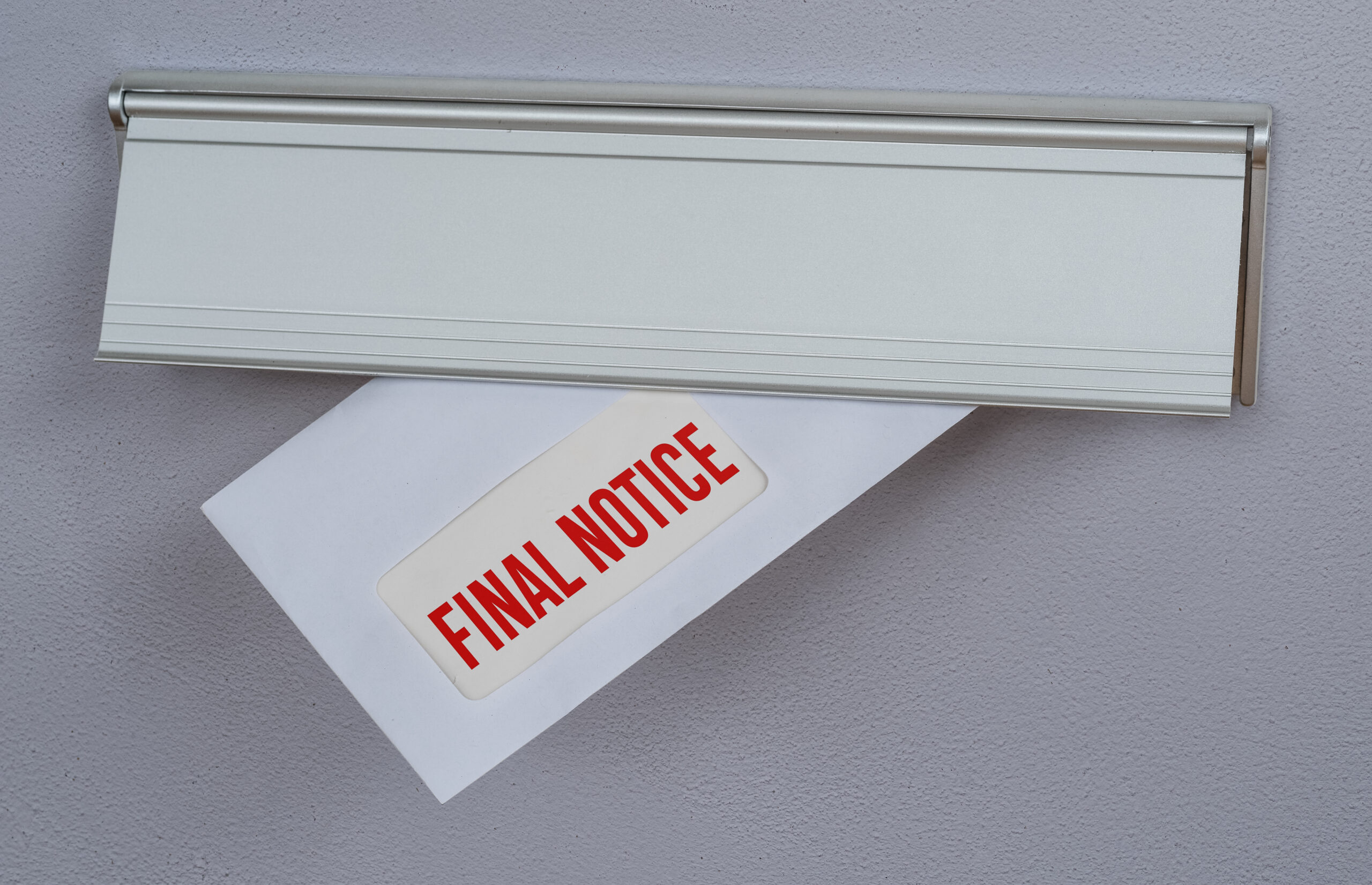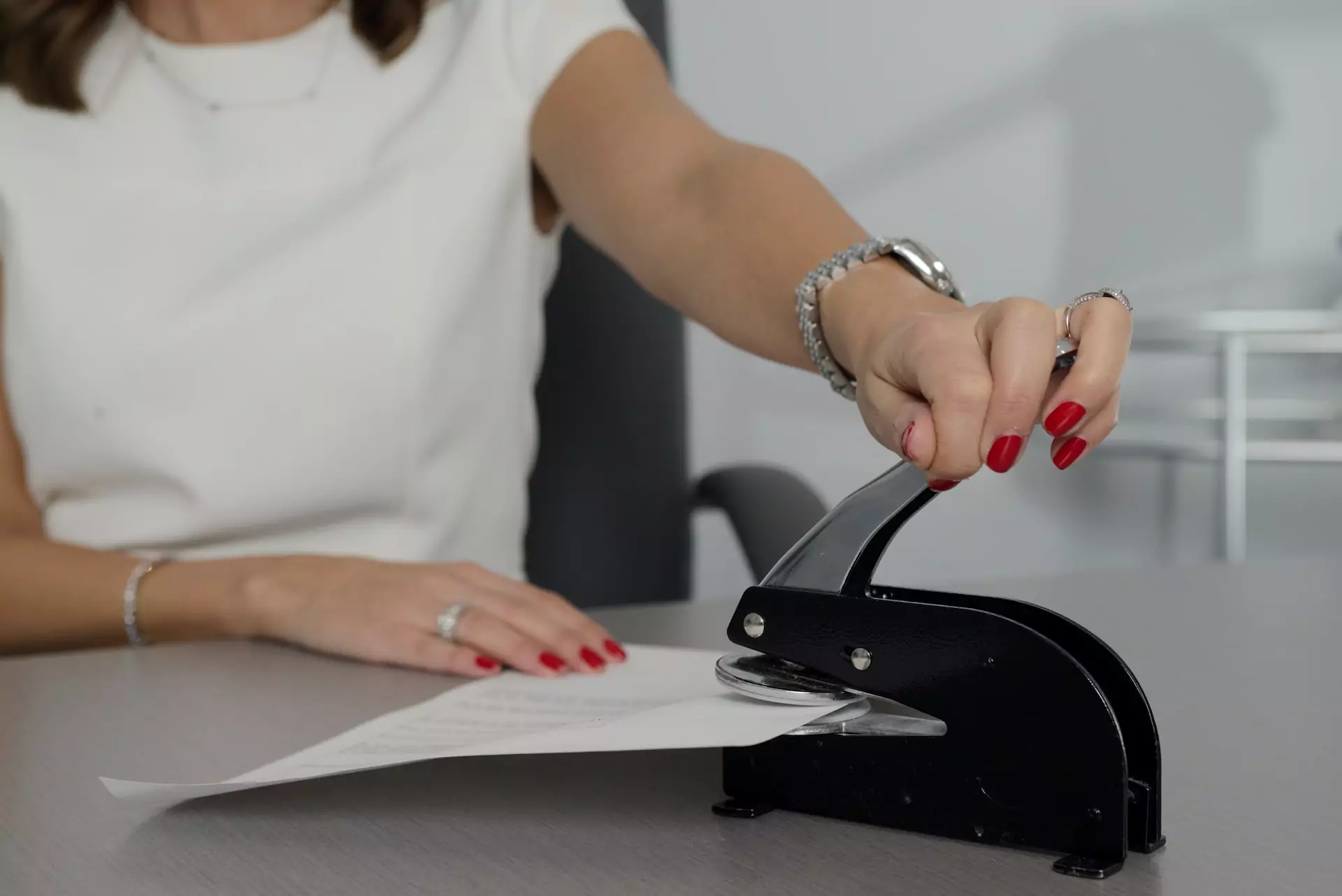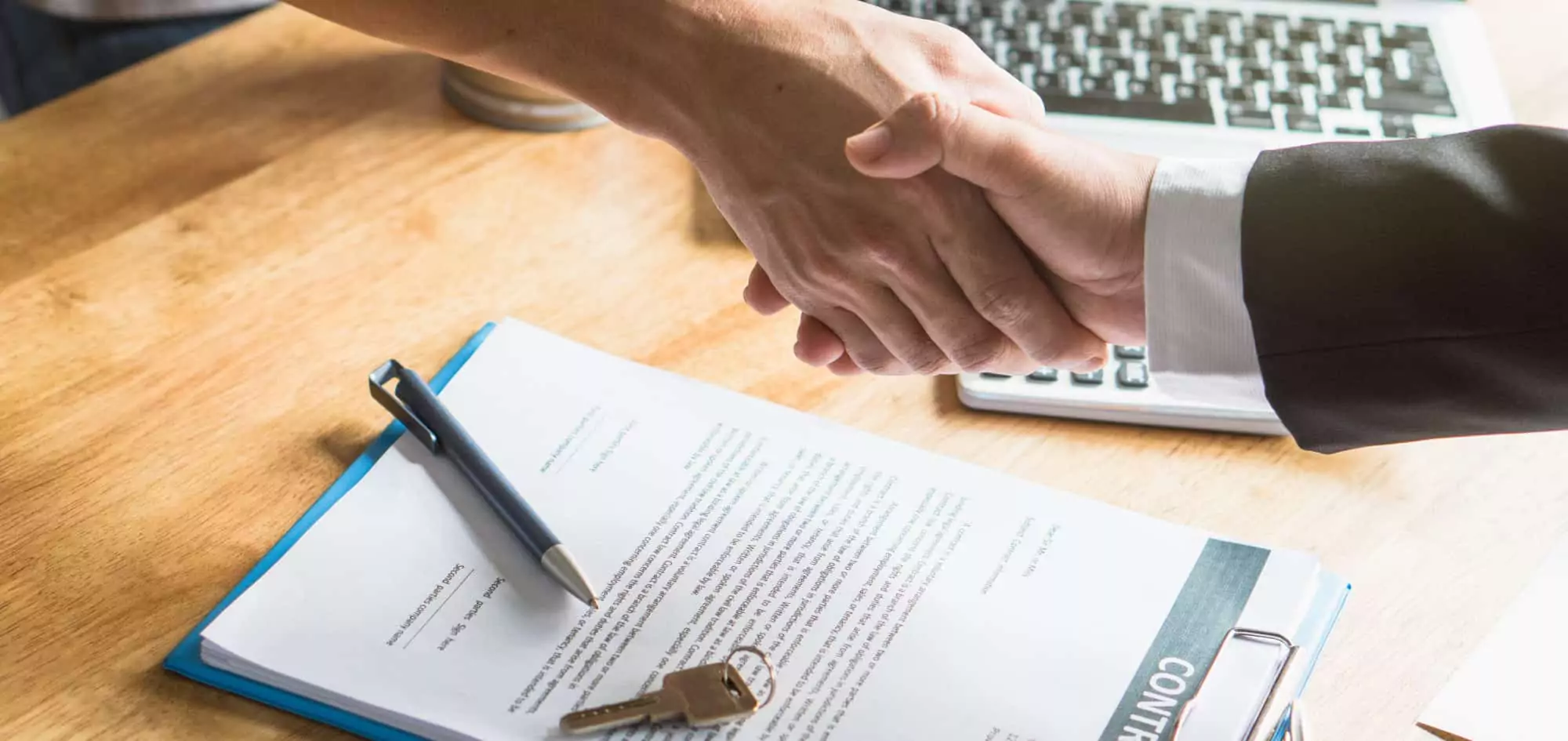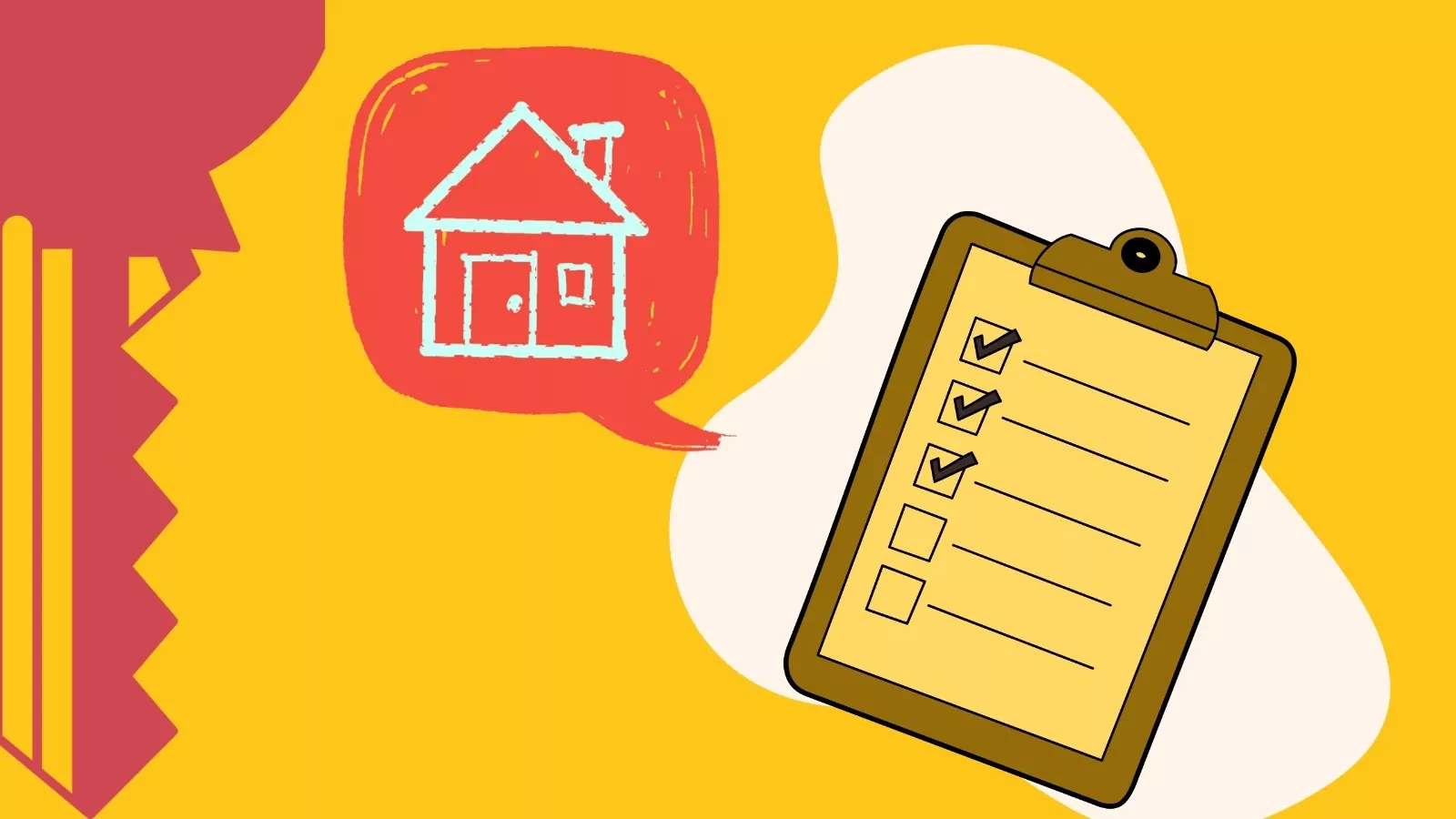Nowadays, people have embraced the idea of coliving – a modern form of communal living wherein residents have their own private bedroom and furnished common areas. Since the modern generation is into this type of modern living, some people have decided to lease their privately-owned spaces and turn them into small businesses. Sounds like a plan, right? But before jumping into a private landlord, make sure that you are aware of your legal rights. Yes, as a private landlord – whether you rent a short-term rental or long-term rental, it is important to understand your legal rights to protect yourself and your space as well.
Private Renting Guide: Being an Independent Landlord
Before being an independent landlord, you need to make sure that you are physically, emotionally, and mentally ready.
As a private landlord, you need to be ready for the work related to property and tenant management. If you can’t do all the day-to-day tasks (finding and screening tenants, collecting rent, managing tenant communication and maintenance issues, performing move-in and out inspections, bookkeeping and reporting), you can simply hire someone from a property management company.
When it comes to looking for new tenants, make sure to make a legal agreement or lease contract for both parties – dates of monthly rents, penalties for damaged utilities, down payments, etc. This part is very important since this agreement will protect you and your private space. You might want to consider adding a cosigner to a lease agreement as an extra safety net for first-time tenants.
Also, keep in mind that if you decide to become a private landlord, this only means that you’re taking all the responsibilities of your tenants into your own hands (this can include things like mowing the lawn, snow removal, rent collection, tenant communication, finding and hiring contractors for repairs, performing move out inspections)
You need to make sure that you’ll be responsive to your tenants’ requests and make sure that everything is functioning properly.
What are the Legal Obligations of a Private Landlord?
As a private landlord, you have legal rights and legal obligations to your current and future tenants, and these options vary by state. For example, you can learn about New York And New Jersey requirements directly from the State website. Some of these obligations include:
Meet The Legal Health and Safety
Standards You need to have an Electricity Safety Certificate to verify that all the electric appliances that you have in your space are available and safe to use. The same goes for the Gas Safety Certificate and any other repair work. A fire safety standard should also be followed if you have a furnished property and before your tenants move in, make sure that you provide them a copy of the energy Performance Certificates that includes the information about the energy usage and costs for your private property.
Make Sure Your Appliances are Safe And Maintained
Private landlords and tenants should understand their own responsibilities. Generally, landlords are responsible for:
- Fixing and maintaining all sanitary necessities like baths, sinks, and shower units.
- Installing of water and heating in the property.
- Providing proper exterior structure of the property like piping, drainage, and gutters.
Each state has specific landlord-tenant laws related to maintenance, and each city has specific Local Health and Building Codes so it’s important that your lease is state-specific and that you know your local ordinance.
Giving Proper Receipts and Maintaining Records of All Transactions
Independent landlords are required to give and keep receipts and records of all transactions made between their tenants. This will not only protect both the tenants and landlords but will also help you keep track of the monthly payments and can be used as future reference if needed. These records include rates, taxes, lease contracts, bills, etc.
6 Things Private Landlords Should Know Before Leasing the Property
If you’re determined to be a private landlord and lease your space, make sure that you know these 6 important tips to become a good landlord:
1. Be ready to encounter different types of tenants
As an independent landlord, you need to be professional with your tenants but also tough. Make sure that both of you respect each other and follow what’s written in the contract. Also, you should be ready to handle bad tenants to protect other tenants and your space.
2. Setting the Right Rent Rate
A good landlord is honest with their rent. If you want to know the recommended rate for your space you can simply research the fair market rent price in your area. This will help you grasp ideas of the price list of other rent spaces nearby.
3. Have a Tenant Screening Process
Knowing your tenant before they move in is very important. The main goal of the screening process is to have a background check to know if they can pay the rent and if they can take good care of your place. If you don’t want any trouble, make sure to look for a responsible tenant who has a full income every month, good rental background, and no criminal history.
4. Require Renter Insurance
Having renter insurance will simply avoid litigation if the tenant’s belongings are damaged. In this type of business, you need to be legally prepared and protect yourself from future problems. It’s also recommended to consult a legal professional so you can properly understand your rights when it comes to your rental agreement.
5. Have a Written Rental Agreement or Lease Contract
As mentioned earlier, a rental agreement or lease contract is the best way to disclose your expectations and protect your property and yourself from any legal situations. You need to avoid having oral agreements with your tenants that don’t have any proof since they can be disregarded in the future.
Make sure that all your rules are mentioned in your agreement and must mention specific laws in your areas to support them – your rental agreement should also comply with your state laws.
6. Keeping Digital Records of Everything
Keeping receipts of every transaction is important but having digital records is also the best way to keep everything organized. Make a digital copy of all the deposit receipts, maintenance receipts, rental receipts, and landlord-tenant agreements in a folder on your computer. You can also take a photo of the official receipts to have an extra copy if ever you’ll misplace them. As a landlord, documents are extremely important to keep.
Final Thoughts
Private landlords have legal rights just like tenants, you need to make sure that you understand them both so you can properly set rules in your area. It’s also important to seek professional help when it comes to safety and law-related agreements before looking for new tenants to move in.
FAQs
- The most common legal requirements of an independent or private landlord are:
- Gas Safety Check
- Energy Performance Certificate (EPC)
- Smoke and Carbon Monoxide Alarms
- Electrical Safety Standards Inspection/Report
- Landlord Selective License
- Tenancy Deposit 'Prescribed Information'
Yes. Landlords are responsible to make sure that his/her tenants are safe and everything is functioning properly. Landlords should assure that his/her rental space has no defects that can cause future trouble to tenants.
Landlords cannot remove any personal belongings of their tenants without any permission. They also can’t retaliate against a tenant for a complaint and can’t evict any tenants instantly without any eviction notice.

